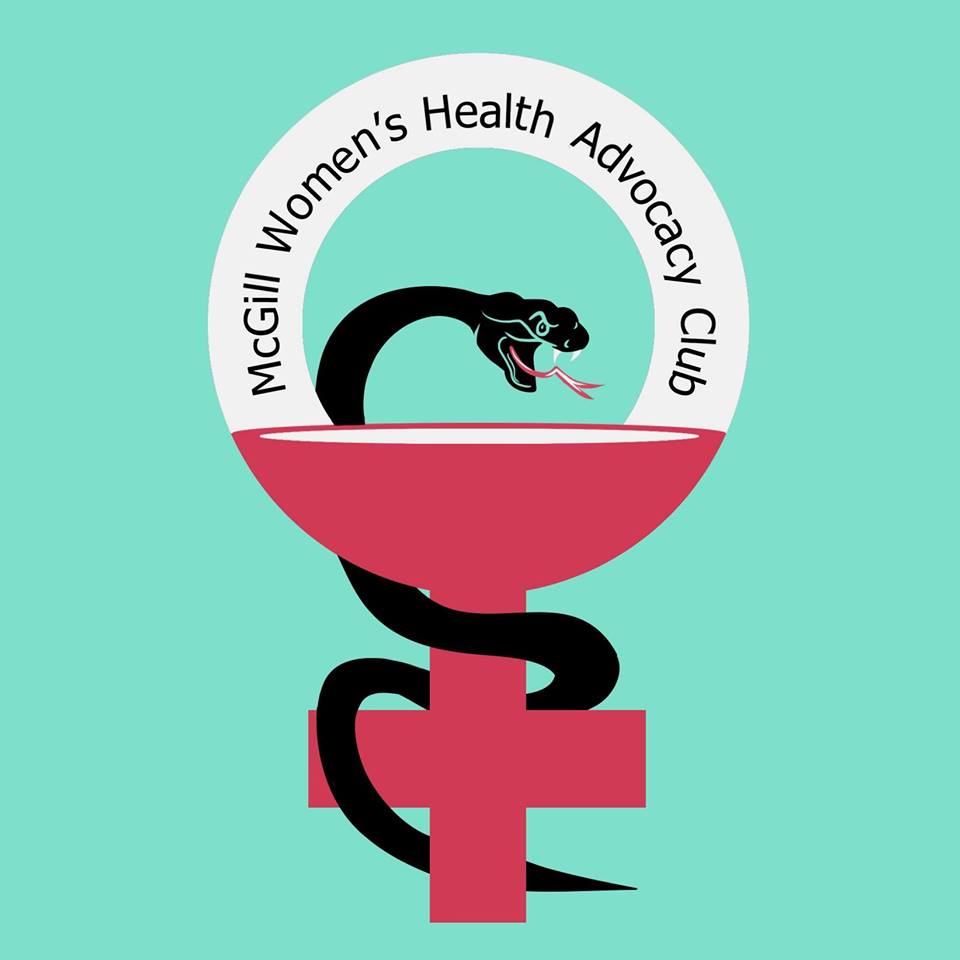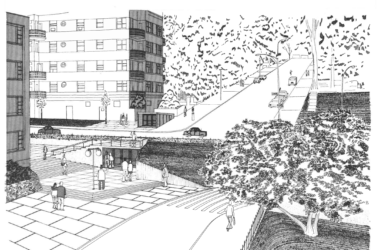On Oct. 29, the McGill Women’s Health Advocacy Club (MWHAC) hosted an open letter-writing campaign for students to voice solidarity with survivors who have publicly come forward with accusations of sexual violence. The event was prompted by the recent confirmation of Judge Brett Kavanaugh to the U.S. Supreme Court. At the event, disheartened students wrote to public figures such as Dr. Christine Blasey Ford, Anita Hill, and Andrea Constand to express their support. Attendees were encouraged to express their concerns and engage in a broader dialogue about sexual violence in a supportive environment.
The primary aim of the event was to uplift sexual violence survivors, and the organizers urged attendees to recognize the hardships that survivors face when telling their stories. Iris Kim, U3 Physiology and president of MWHAC, expressed her frustration with the public’s frequent hasty dismissal of survivors’ accusations.
“Any society, and any environment, really, that turns a blind eye to sexual harassment, sexual assault, and sexual violence is an environment that refuses to acknowledge the importance of survivors’ wellbeing, including their mental health,” Kim said.
The organizers also extended a personal invitation to all survivors of sexual violence at the event to write letters to themselves as a part of their healing process. Listeners from McGill’s Office for Sexual Violence Response, Support and Education (O-SVRSE) were present to help facilitate discussion and provide support for anyone in need.
The gathering was initially politically-motivated and intended to be held earlier this academic year before Kavanaugh was confirmed to the Supreme Court. However, the O-SVRSE suggested that it would be better to wait and focus on building support for survivors instead, many of whom are not offered spaces to heal after their assaults. Tori Ford, U3 Arts and Head of Events for O-SVRSE, explained that the focus of the event was modified to celebrate the bravery of survivors who come forward with their accusations.
“I find that, when sexual violence enters the news cycle, survivors can often feel isolated and alone,” Ford said. “I thought it would be a nice event to have people come together where they can really voice their concerns in a safe environment.”
In recent months, many students may have felt frustrated and unsure of how they could speak up and make a difference during the hearing. Though international activism can be intimidating, Kim stressed the need for advocacy.
“Sexual violence is everywhere, and it doesn’t really matter whether it’s in the news cycle for some prominent case,” Kim said. “It’s always happening. So, in that sense, it absolutely makes a difference for us to be advocating for survivors, wherever and whenever.”
Kim and Ford both highlighted the importance of believing survivors, as well as the need for fundamental societal change in how the public responds to survivors’ accusations.
“Despite the progress that has been made in terms of women’s advocacy, we have to acknowledge how difficult it is still for a woman to come forward and all of the different factors at play, such as privilege, race, and education status,” Kim said. “We can’t blame women for not coming forward immediately or ever, but, [when they do come forward], we need to provide support in the ways they want to be supported.”
Survivors of sexual violence seeking support can contact O-SVRSE and the Sexual Assault Center of the McGill Students Society (SACOMSS).








